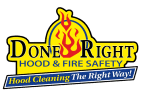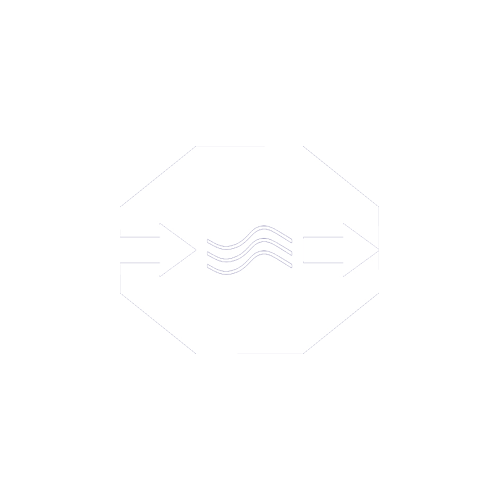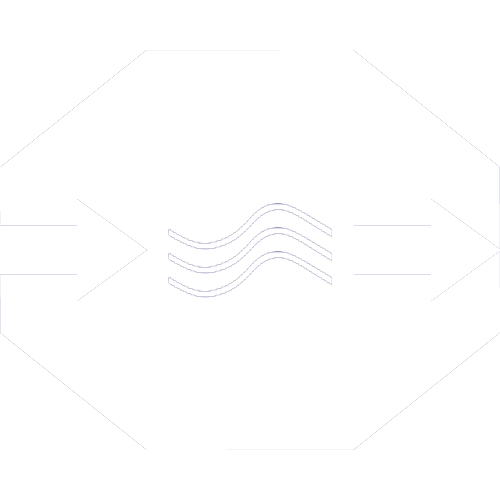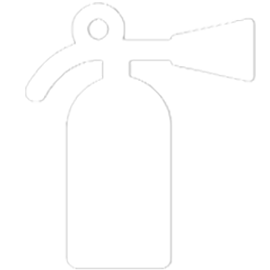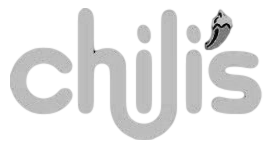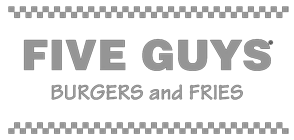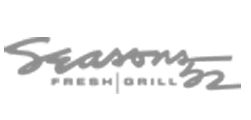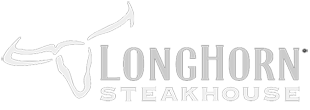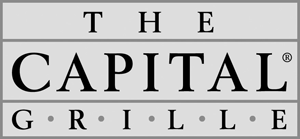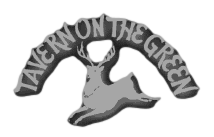Commercial Kitchen Compliance in 2025: A Combination of Daily Tasks and Annual Actions
With the new year upon us, January marks the perfect time for restaurant owners and commercial kitchen operators to take a moment to breathe, take stock of their operations, and ensure they are compliant with all local and federal regulations. Staying on top of inspections and maintaining a safe, sustainable kitchen plays a big role in running a successful business. In this comprehensive and step-by-step guide, we’ll walk through the daily, weekly, monthly, quarterly, and annual actions that will keep your kitchen safe, compliant and increasingly profitable in 2025.
Daily Tasks: Build Good Habits
While much focus tends to be placed on formal inspections and professional cleanings, maintaining commercial kitchen compliance begins with the daily tasks performed by kitchen staff. Ultimately, the little things your team does everyday are the foundation of compliance and operational success. By addressing key areas every day, you minimize the risk of accidents, equipment failure, and regulatory violations. These small, consistent efforts help ensure that your kitchen is safe, clean, and efficient, creating a better working environment for staff and a better dining experience for customers.
- Train Your Staff: Educate kitchen staff on proper disposal of fats, oils, and grease (FOG). Remind them to never pour grease down the drain, as this can lead to costly blockages.
- Prevent Spills: Address spills immediately to avoid slip hazards and environmental contamination. Ensure all waste oil is handled with care and stored in designated containers.
- Check Emergency Exits: Verify that emergency exits are clear of obstructions and properly marked.
- Inspect Equipment: Ensure fryers, grills, and other appliances are operating safely. Address any visible wear and tear promptly.
- Monitor Hood Filters: Clean hood filters if they show visible grease buildup, especially after high-use days.
Weekly Tasks: Stay on Top of Maintenance
Weekly maintenance tasks are designed to address areas that, while not urgent on a daily basis, are critical to the ongoing safety and functionality of your kitchen. Taking the time each week to focus on deep cleaning and equipment checks helps to prevent long-term issues, ensures compliance, and reduces the likelihood of costly repairs or inspections.
- Deep Clean Your Kitchen: Focus on removing grease and grime from walls, floors, and appliances. A clean kitchen not only ensures health code compliance but also reduces fire risks.
- Inspect Hood Filters: Check and clean hood filters to maintain proper airflow and ventilation.
- Secure Waste Oil Storage: Inspect your waste oil containers for leaks and ensure they are properly sealed.
- Pest Control: Monitor for signs of pests and address any issues immediately. Work with a licensed pest control provider if necessary.
- Refrigeration Check: Verify that refrigeration units are maintaining proper temperatures to prevent food spoilage.
Monthly Tasks: Keep Records and Take Preventive Action
Monthly tasks allow you to take a deeper dive into your operations, ensuring that critical systems are working correctly and that you’re staying ahead of potential regulatory issues. These tasks often involve inspections and professional servicing that go beyond daily or weekly maintenance, helping to identify and address issues before they escalate.
- Grease Trap Inspection: Inspect grease traps for blockages and leaks. Regular inspections prevent overflows and ensure compliance with NYC Department of Environmental Protection (DEP) regulations.
- Schedule Waste Oil Pickups: Partner with an authorized recycler like Green Oil Recycling to collect used cooking oil. Recycling waste oil helps reduce greenhouse gas emissions and supports the production of biodiesel.
- Hood and Exhaust System Checks: Perform a visual inspection to ensure there is no significant grease buildup.
- Safety Equipment Checks: Inspect fire extinguishers, emergency lighting, and first aid kits to ensure they are functional and ready for use.
- Gas Line Tests: Check for leaks or damage in your gas lines.
- Organize Records: Update compliance logs, maintenance schedules, and service records to ensure you’re prepared for inspections.
Quarterly Tasks: Bring in the Professionals
Quarterly tasks require the involvement of professionals to perform more in-depth maintenance and inspections. These tasks are crucial for ensuring the long-term safety and efficiency of your kitchen, as well as maintaining compliance with regulations. Professional services help address complex systems like grease traps, fire suppression, and exhaust systems that require specialized expertise.
- Grease Trap Cleaning: Arrange for professional grease trap cleaning to comply with regulations and avoid costly fines.
- Fire Suppression System Inspections: Have your fire suppression system inspected and serviced by a certified technician.
- Hood and Exhaust System Cleaning: Schedule a deep commercial hood cleaning of your hood and exhaust system to prevent grease fires and maintain proper ventilation.
- Electrical Safety Inspections: Hire a professional to check electrical connections and equipment for damage or improper grounding.
- Staff Training Updates: Conduct refresher training on kitchen safety, waste oil recycling, and emergency protocols.
Semi-Annual and Annual Tasks: Plan for the Year Ahead
Annual tasks give you the opportunity to take a comprehensive look at your kitchen’s operations and make improvements that will benefit your business throughout the year. These are the tasks that ensure compliance with high-level regulations, maintain equipment longevity, and set the stage for operational excellence. Planning and performing these actions at the start of the year can save you time, money, and stress later on.
- Full Fire Suppression System Service: Perform a detailed inspection and maintenance of your fire suppression system 2x yearly to meet safety standards.
- Exhaust System Maintenance: Arrange a full inspection of your hood and complete preventive exhaust system maintenance, including ductwork, fans, and ventilation components.
- Gas Line Inspections: Schedule an annual inspection of gas lines by a licensed technician to ensure safety.
- Backflow Prevention Device Testing: Test and certify backflow prevention devices to protect water quality and comply with NYC water safety regulations.
- Major Equipment Servicing: Have all major appliances professionally serviced to extend their lifespan and ensure they operate efficiently.
- Permit and Certification Renewals: Verify that all necessary permits and certifications are renewed and up to date.
- Sustainability Audit: Review your recycling, energy efficiency, and waste reduction practices to identify new opportunities for improvement.
Ongoing Sustainability Practices
Incorporating sustainability into your kitchen’s daily operations is essential for long-term success. Make sure to:
- Implement recycling programs for cardboard, glass, and plastics.
- Conserve water by regularly checking for leaks and installing low-flow fixtures.
- Upgrade to ENERGY STAR-certified appliances when due for replacements.
- Train staff on reducing food waste through better inventory management.
- Promote your efforts in waste oil recycling and biodiesel production to customers and the community.
By following this step-by-step guide, restaurants and commercial kitchens can ensure compliance with all local and national regulations, reduce operational risks, and contribute to a more sustainable future. Starting the year with these practices will set the tone for a safe and successful 2024. For assistance with any of the services outlined in this guide, reach out to Done Right Hood & Fire Safety at www.donerighthfs.com or call (212) 660-3232.
Additional Reading: Key Regulations for NYC Restaurants
Staying compliant means being aware of critical local and national regulations. Here are some important ones to note:
- NYC Department of Environmental Protection (DEP) Regulations: Ensure proper grease trap maintenance and compliance to avoid fines of up to $10,000. Learn more here.
- NFPA 96 Standards: Maintain compliance with fire safety standards for commercial cooking ventilation control and fire protection systems. Learn more here.
-
FDNY Fire Safety Regulations: Adhere to FDNY requirements for fire suppression systems, emergency preparedness, and ventilation systems to prevent hazards and ensure compliance. Learn more here.
-
FDA Food Code: Follow federal guidelines for food safety, including proper handling and storage practices. Learn more here.
- OSHA Workplace Safety Standards: Ensure employee safety by adhering to regulations on equipment, fire hazards, and emergency preparedness. Learn more here.
- NYC Health Code Article 81: Maintain sanitary conditions and proper kitchen practices in accordance with local health code requirements. Learn more here.
For further assistance or questions about compliance, contact Green Oil Recycling or consult the above resources to stay informed.
